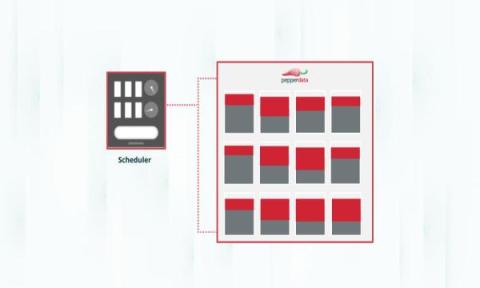Operations | Monitoring | ITSM | DevOps | Cloud
Analytics
Customize and contextualize your data with Grafana 10
Introducing CostGPT
Set up Kafka and InfluxDB 3.0
Node.js Logging Tutorial
Node.js logging is an important part of supporting the complete application life cycle. From creation to debugging to planning new features, logs support us all the way. By analyzing the data in the logs, we can glean insights, resolve bugs much quicker, and detect problems early and as they happen. In this post, we will talk about the who, what, when, where, how, and why of Node.js logging. Later in this post, the “how” section will give insights into using code.
Unleashing MVP Success with the FinOps Approach
Want to hear a sad but true fact? 70% of companies overshoot their cloud budgets. Why is that? Although the cloud is a mighty tool for speed, scalability, and innovation, the inability to see costs can lead companies to limit cloud usage, which hampers innovation and puts them at a disadvantage against the competition. Rather than limiting cloud usage, adopting the FinOps approach provides the insights you need to feel confident about your cloud costs.
Real-Time Cost Optimization: Application Level FinOps for Spark on Amazon EMR and Amazon EKS
Time Series Is out of This World: Data in the Space Sector
While time series data is critical for space industries, managing that data is not always straightforward. While humans have yet to develop light-speed travel, teleportation or lots of the other cool things we see in movies or read in books, that doesn’t mean we aren’t making progress. Advances in technology are starting, ever so slowly, to blur the lines between science fiction and reality when it comes to outer space.











